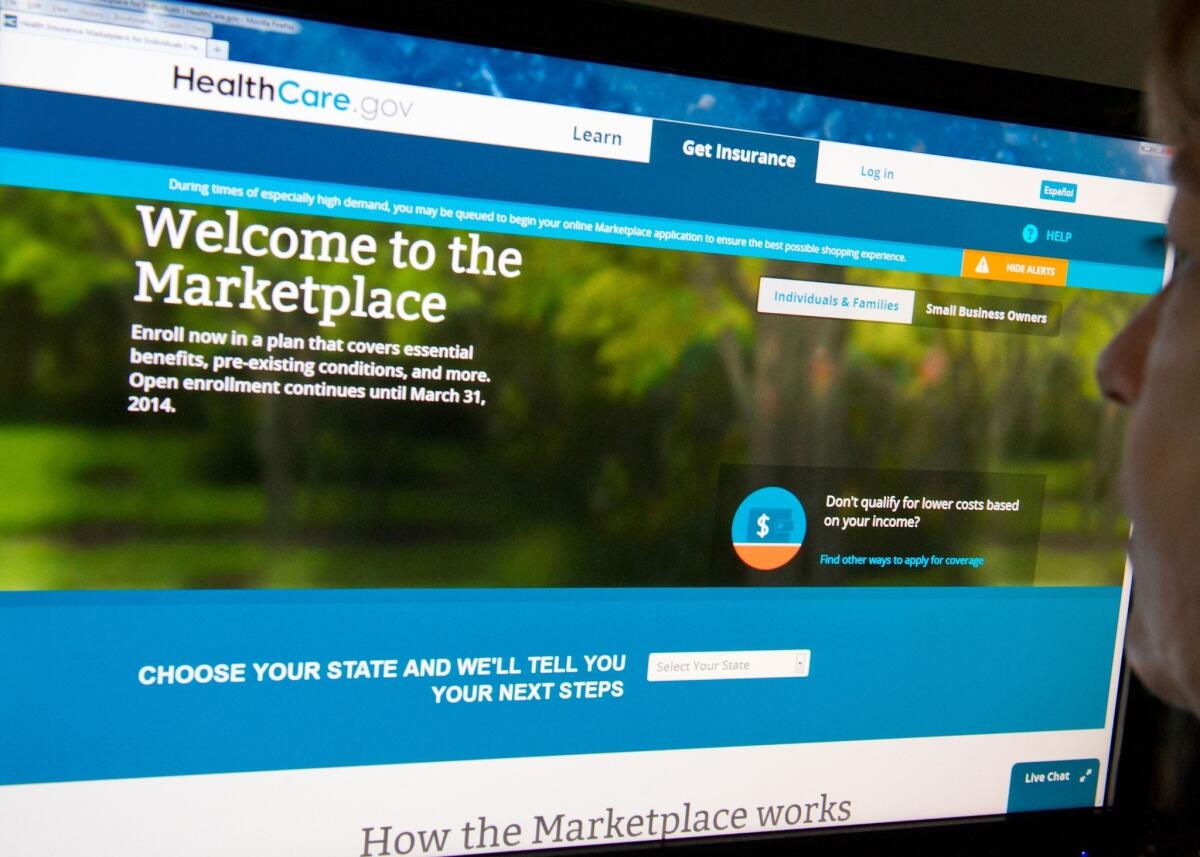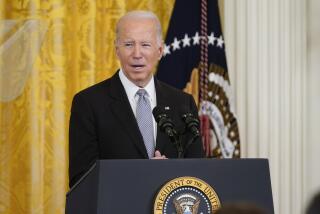Newly released memos show Hillary Clinton’s 1993 healthcare struggle

Newly released memos from Bill Clinton’s White House years sketch a portrait of then-First Lady Hillary Clinton’s troubled attempt to win support for the administration’s healthcare plan — showing her deeply steeped in the details as she sought to reassure fearful members of Congress.
The documents, which were carefully reviewed and selected by representatives from the Clinton and Obama administrations, were among the first in a release that is expected to include at least 25,000 pages over the next two weeks. The documents were sealed for more than 12 years under the Presidential Records Act, which allows certain memos to be withheld if they contain advice or information related to federal appointments.
New transcripts in the first batch include Hillary Clinton’s private meetings with Senate and House Democratic leaders on Capitol Hill in early September of 1993 — about two weeks before President Clinton told the nation it was time to fix a healthcare system that was “badly broken” and guarantee “healthcare that can never be taken away.” His wife was placed in charge of the effort, a massively complex undertaking that foreshadowed the Obama administration’s more recent tackling of the issue.
In remarks behind closed doors, the first lady outlined the administration’s plan — which ultimately collapsed — and urged members to study the numbers carefully so they would see that it was not an “Alice in Wonderland” scenario. She noted that she had met with Republicans to solicit their ideas, and said the administration had done modeling “relentlessly, day after day after day” — subjecting financial assumptions to actuaries and accountants inside and outside the government.
“If we’ve messed up somewhere… we need to know about it,” Clinton said, “because we have tried to double, triple, quadruple check ourselves all the way down the line.”
In a meeting where one participant complained about the “veil of secrecy” surrounding the plan and the difficulty lawmakers had in accessing even a 250-page outline that had been leaked to the Washington Post and the New York Times, the first lady told Democratic leaders that the administration was “very serious about consultations.”
“I think that there will be, very honestly, a period of adjustment, a period of setting, before any of you will feel comfortable with all the features of this, because we are really approaching the health care system in a different way,” Clinton said in one Capitol Hill meeting. She noted it had taken six months for the administration to understand how the features of the nation’s healthcare system and its financing worked, as well as the tradeoffs of the approach it was pursuing.
“I think that, unfortunately, in the glare of the public political process, we may not have as much time as we need for that kind of thoughtful reflection and research,” she said, “but I think we have to resist as hard as possible any tendency to leap to judgment until at least the entire framework is laid out and the way things work together is understood.”
She explained in detail the administration’s controversial plan to cap the rate of growth of Medicaid and Medicare and urged Democratic allies to present those moves as part of an overall program that would improve the level of care for beneficiaries. And she acknowledged that “the political hot button” for members would be the proposed requirements that employers and employees contribute to their healthcare.
“I’m not going to underestimate the political battle that will ensue because of this,” she said.
The first lady said the administration had studied approaches to insuring universal coverage, but found that even advocates had trouble pinpointing sources of public funding that would win approval from Congress. A solution like a payroll tax would be simpler, she acknowledged, but would not be politically acceptable.
Though she would later embrace it, Clinton described the individual mandate option favored by some moderate Republicans — that is, requiring Americans to purchase insurance — as “a much harder sell” that would send shockwaves through the insured population.
“I believe we’ve got the better argument,” she said.
By the time she ran for president in 2008, Clinton had embraced the individual mandate, a stance that her then-opponent Barack Obama opposed. When he offered his own healthcare plan early in his presidency, he adopted Clinton’s new position, adding assistance for those who could not afford insurance and levying a fine for those who refused to purchase it.
Twitter: @MaeveReston
More to Read
Start your day right
Sign up for Essential California for news, features and recommendations from the L.A. Times and beyond in your inbox six days a week.
You may occasionally receive promotional content from the Los Angeles Times.







